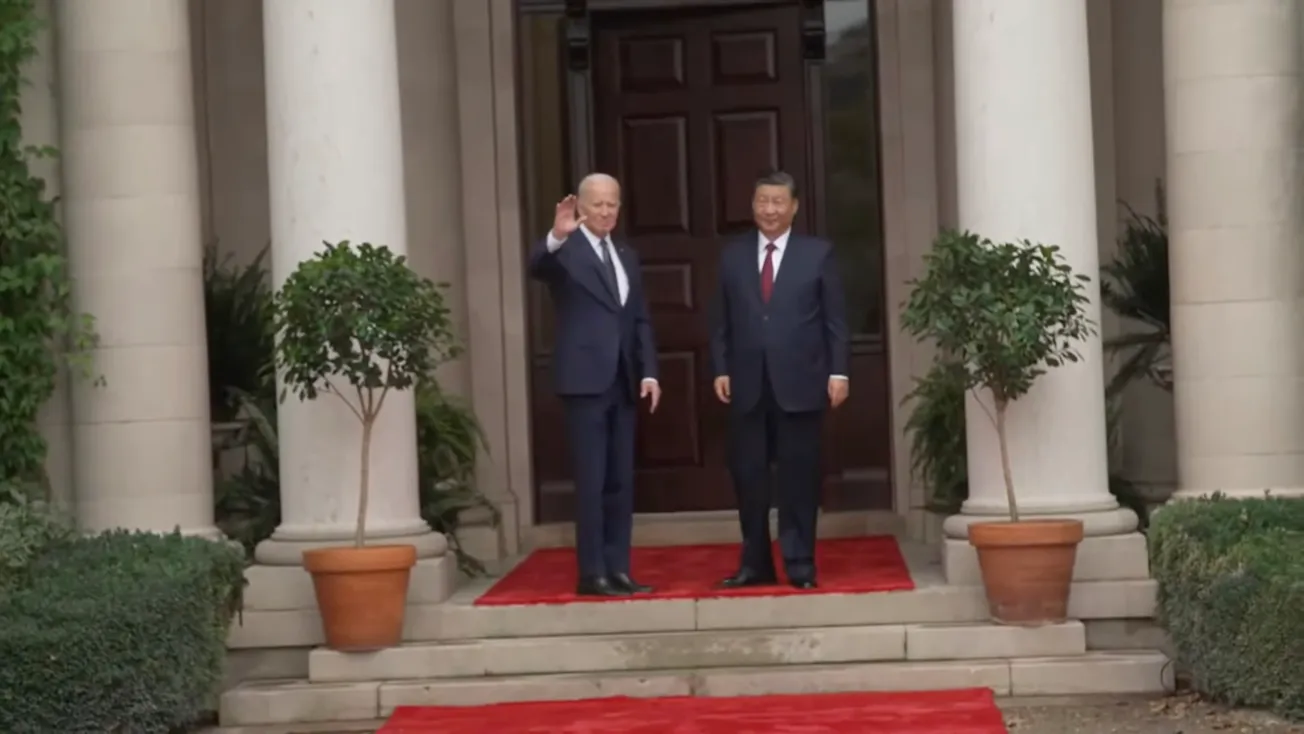The warm welcome President Xi Jinping received at the San Francisco airport and from the Asian-American citizens of San Francisco who lined the streets along the route of the presidential convoy to his hotel, created good atmospherics for the summit. There may be some minor “deliverables” coming out of the APEC events at some level this week, but probably no major breakthroughs. Xi and President Biden met for some four hours this afternoon.
Speaking at his own press conference after the meeting, Biden was upbeat about the results of the meeting, which he called “a most constructive and productive discussion.” He announced three clear results: 1) China would cooperate in counter-narcotics and crack down on the export of the precursors to fentanyl; 2) China would agree to reestablish military to military relations; and 3) the two countries would work to develop a program for AI security. Biden said that the U.S. would “continue to compete” with China, but would “manage it to avoid conflicts.” He said that the two sides would continue high-level diplomacy and that there would be direct phone connections between the two leaders.
In the Q&A, Biden said that the U.S. One-China policy will not change. The two also discussed the situation in Ukraine and in Gaza, in which Biden said that had found some “consensus,” although it was clear what that meant. They also discussed the South China Sea. Clearly, there is positive motion in the direction in which this relationship is proceeding, and there is every indication that the Chinese press has adopted a more positive tone toward the U.S. as well over the last few days.
Before the talks, the comments of the two leaders reflected their differences. President Xi presented a much broader perspective in which he viewed the relationship. “The China-U.S. relationship has never been smooth sailing over the past 50 years or more, and it always faces problems of one kind or another. Yet it has kept moving forward amid twists and turns. For two large countries like China and the United States, turning their back on each other is not an option…. It is unrealistic for one side to remodel the other. Conflicts and confrontation have unbearable consequences for both sides. I’m still of the view that major country competition is not the prevailing trend of current times and cannot solve the problems facing China and the United States.”
Xi went on: “The world at large, Planet Earth, is big enough for the two countries to succeed … and one country’s success is an opportunity for the other. It is an objective fact that China and the United States are different in history, culture, social system and development path. However, as long as they respect each other, coexist in peace and pursue winning cooperation, they will be fully capable of rising above differences and find the right path for the two major countries to get along with each other.”
Xi concluded: “I value our conversation because I think it’s paramount that you and I understand each other clearly, leader to leader, with no misconceptions or miscommunication. We have to ensure that competition does not veer into conflict. And we also have to manage it responsibly—that competition.”



